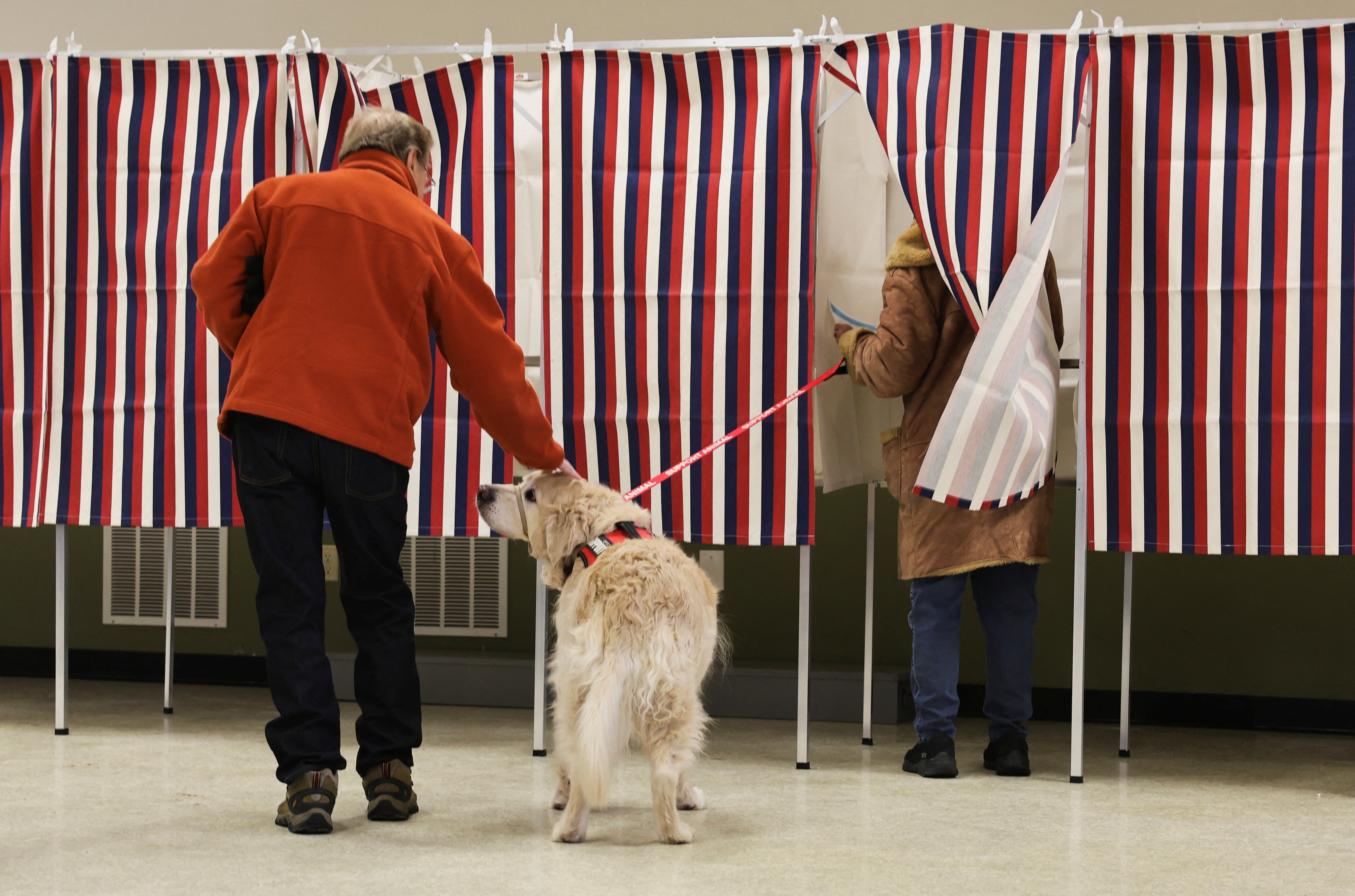Alabama considers bill that would criminalise absentee voting
The move is the latest attempt by Republicans to restrict voter access
Alabama is considering legislation that would make it increasingly difficult to cast an absentee ballot.
SB1 passed a state senate committee with a vote of 7 to 3 on Wednesday. The bill is sponsored by Republican State Senator Garlan Gudger of Cullman.
If it passes, the legislation will make it illegal to order, request, pre-fill, obtain or deliver an absentee ballot application, will require applicants to submit their own applications and will establish criminal penalties for violations.
Any person who violates the measure could be charged with a misdemeanour crime and any person who receives payment for doing so could be found guilty of a class C felony. A third party who “knowingly” does so could receive up to 10 years in prison and a class C felony charge.
Any person who knowingly pays a third party to submit their absentee ballot could receive a class B felony charge, which is punishable by up to 20 years in prison.
Still, if voters need help filling out their ballots, they may be assisted by a family member, resident of their household, the office of the Secretary of State, a judge in their county, or an elections manager.

There are additional exceptions if the person voting is blind, disabled or cannot read or write. The legislation also would not impact military who are stationed overseas.
“The bottom line is that it is illegal for someone to pay or receive money when they’re collecting ballots or putting in applications,” Mr Gudger told reporters, according to the Alabama Reflector. “This is not the ballot. This is the ballot application.”
The American Civil Liberties Union has strongly voiced opposition to the bill.
“With several organisations providing services to seniors, students, or people who are homebound, this bill prevents their work to ensure and expand access to the ballot,” the civil rights organisation said in a statement.
“Criminalising assistance that provides access to the voting process to others limits participation for Alabama’s most vulnerable citizens.”
The bill would become effective immediately if signed into law by Alabama Republican Governor Kay Ivey.
It is the latest in a series of measures Republicans have taken to restrict access to voting.
Last year, at least 32 states introduced legislation to restrict voting by limiting how voters could register, stay on the voter rolls or vote as compared to existing state law, according to the Brennan Center, an organisation that tracks the legislation.
Join our commenting forum
Join thought-provoking conversations, follow other Independent readers and see their replies
Comments
Bookmark popover
Removed from bookmarks